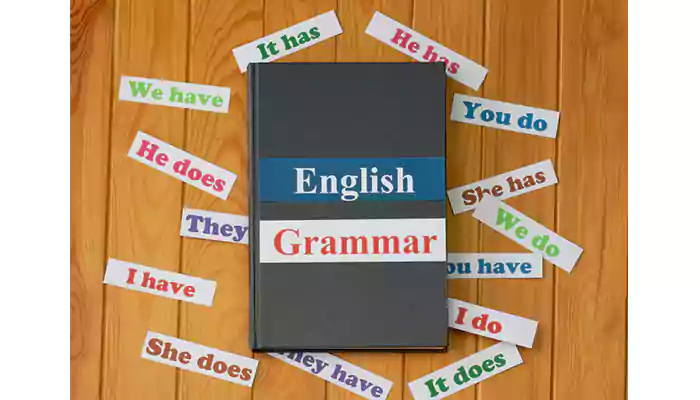Old Grammar Rules That Have Changed Over The Years And Are Not Applicable Anymore
- Satavisha
- 12 April, 2023
- 2 mins ago

Old Grammar Rules That Have Changed Over The Years And Are Not Applicable Anymore
English grammar rules are ever-changing. However, to write and speak fluent English, it is essential to know the old rules that paved the way for the contemporary ones.
Over time, every language changes, and so do the grammar rules we learned in school. You will not have to travel to the 19th century looking for English grammar rules that are not in use anymore. You will be surprised to know that the mistakes you may have made in the 1970s, ’80s, or ’90s may not be considered errors anymore. Below are some old English grammar rules that have changed over the years and are not applicable anymore.
“None” can be used with a plural verb.
If you were ever rectified by someone for saying “none of them are mine”; Instead, you were asked to say “none of them is mine,” you don’t need to follow that anymore. The use of “none” in a sentence with a plural verb is now applicable.“Reason why” is not considered redundant anymore
Earlier, if you said or wrote “the reason why” in a test paper, your teacher would hand your paper with the “why” encircled in red ink. Even though this phrase has been in use since the 13th century, some modern school books proclaimed that “reason why” was redundant because the word 'reason' already stands for why. But you can now use this phrase.The use of full stop to impose greater emphasis.
The full stop was earlier used to denote that the sentence has ended. However, in the 21st century, the full stop is also being used to lay more emphasis. The use of full stop in this manner has become a part of the English language, especially in creative writing. Also, full stops and periods are now used to form shorter sentences like, “Okay. Sure.” instead of following the former style of writing, “Okay, sure.”Conjunctions can be used to start a sentence.
This popular grammar rule is taught to kids in schools to date. Despite what is taught in schools, it would not be incorrect to say that this rule is now outdated. Contemporary grammar rules suggest that it is professionally correct to begin a sentence with a conjunction. For instance, “but” can be used to begin a sentence.Prepositions can be used to end a sentence.
This English rule suggests that sentences cannot end with prepositions. But in the modern English language, this grammar rule is considered outdated, and following it is unnecessary unless you want to sound more formal. So next time, you can use prepositions to end your sentences.It is time to update your English vocabulary with these new grammar rules!






